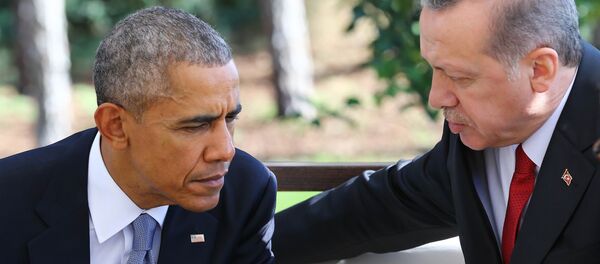The sweeping purge has already seen thousands of people in influential posts in security, judiciary and education services arrested or dismissed for allegedly having ties to Turkish cleric Fethullah Gulen, who Ankara believes was the mastermind behind the failed coup.
On Saturday, 10,000 more teachers, health workers and academics were sacked by the government of Turkey on the same grounds.
The state of emergency which was imposed on the country right after the attempted coup gave Erdogan's government more control of the country's media and educational institutions.
A total of 10 newspapers, two news agencies and three magazines were additionally shut down on Saturday, according to a decree published in the Official Gazette, with most of the media outlets centered in the predominantly Kurdish southeast.
The new rules also allow Erdogan to directly appoint rectors to universities in Turkey based on a pool of candidates selected by the High Education Board.
In mid-July, a faction of Turkey's armed forces tried to overthrow Erdogan over what they claimed was his attempt to destroy Turkish secularism. More than 240 people were killed and an estimated 2,000 were wounded in the attempted coup, which was suppressed the following day.



